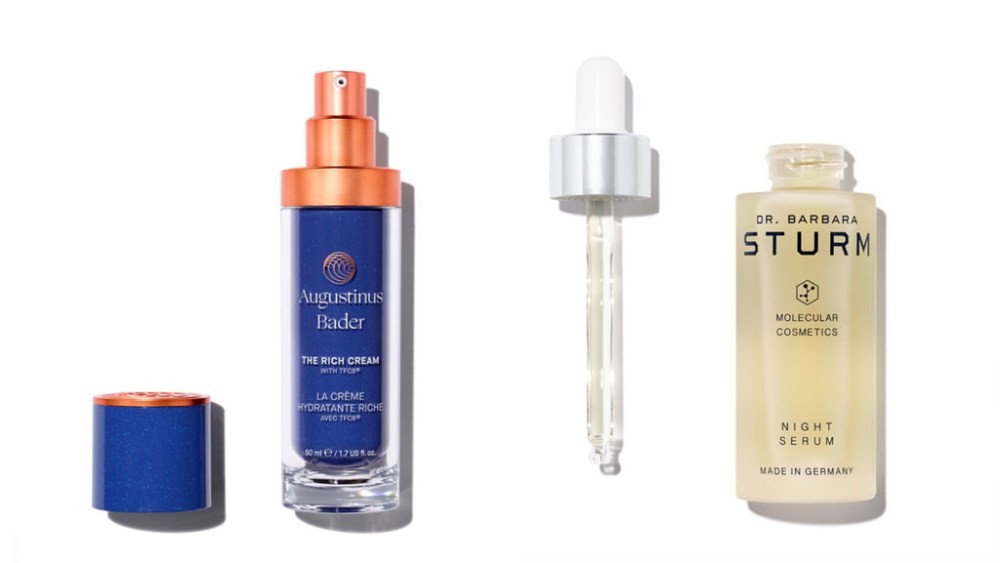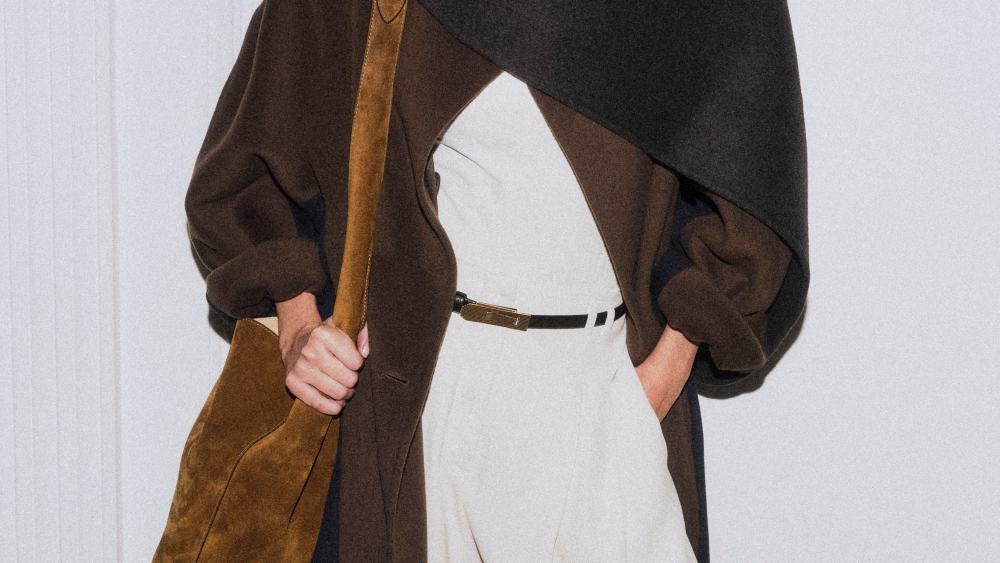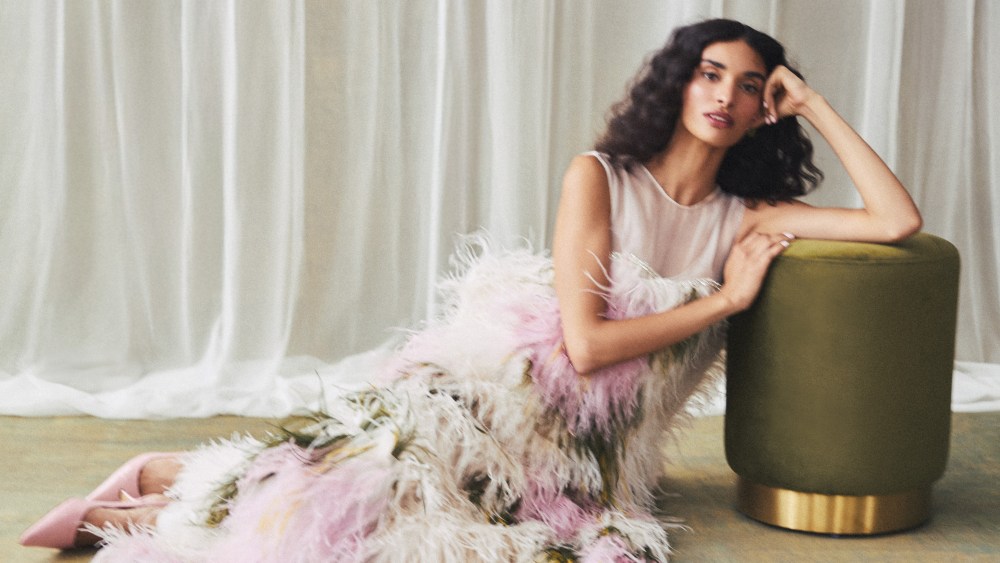Sarah Brown has left her role as chief brand officer of Violet Grey, WWD has learned.
Brown, a former beauty director at Vogue, first joined the company in 2021 as executive director of Violet Lab, the retailer’s brand development arm, before being appointed chief brand officer in March. She left “to pursue other opportunities,” a spokesperson for the company told WWD.
Her departure comes shortly after founder Cassandra Grey bought back Violet Grey from Coupang-owned Farfetch in September with the help of private equity investor Sherif Guirgis.
Financial terms of the deal were not disclosed, though Grey told WWD at the time: “There was never any question if I could have bought back Violet Grey, even three months after the acquisition, I would’ve. It wasn’t for sale until now.”
Related Articles
As part of the deal, Grey became chairman and artistic director of Violet Lab. “We’ve been able to get behind brands over the years,” Grey said. “But we’ve never had that infrastructure. This is about organizing that core competency and being able to best serve them through incubation and acceleration.”
The Los Angeles-based company began as a beauty blog in 2012 and moved into e-commerce in 2014. Among the skin care, makeup, fragrance and hair care brands it carries today are Eighth Day, Victoria Beckham Beauty, Dr. Barbara Sturm, Dyson and Augustinus Bader, which was a breakout success at Violet Grey when it launched in 2018.
Violet Grey has long operated a stand-alone L.A. boutique, and this month added a second brick-and-mortar point of sale at Hirshleifers, the family-owned department store in Manhasset, N.Y. In addition to offering a curated assortment of products sold at Violet Grey, the shop-in-shop features a range of Goop products, too — a Violet Grey first.

The eastward expansion marked Grey’s first big move since buying the company back from Farfetch, which had acquired Violet Grey in January 2022 for $49.4 million in cash, $1.3 million in reverse vesting shares and $5 million of restricted stock units as it prepared a luxury beauty foray of its own.
Farfetch Beauty debuted that April with more than 100 brands, and wound down just over a year later. Shortly after, parent Farfetch was acquired by South Korea-based Coupang for $500 million.
Other luxury retailers, too, have faced headwinds of late: Net-a-porter confirmed in September it would shutter its beauty business and pivot to an affiliate model in 2025 and a month later the struggling e-tailer was sold to rival Mytheresa. Matches, on the other hand, was placed into administration by Frasers Group in March, just two months after the group purchased the e-tailer from Apax Partners for 52 million pounds. Frasers subsequently bought Matches’ IP.
But Grey and Guirgis appear determined to buck the trend. “We just have to resource the company with the exceptional execution-oriented people and strategy to deliver,” Guirgis told WWD in September.


